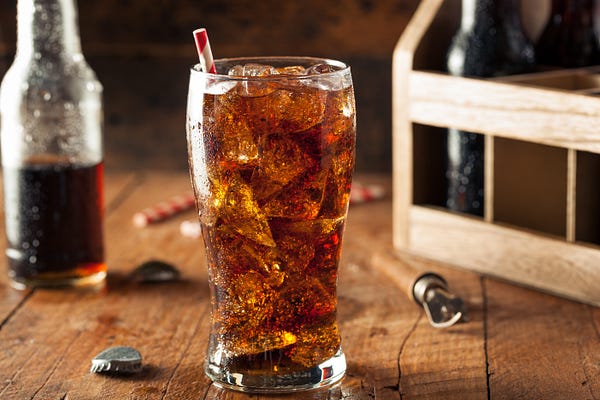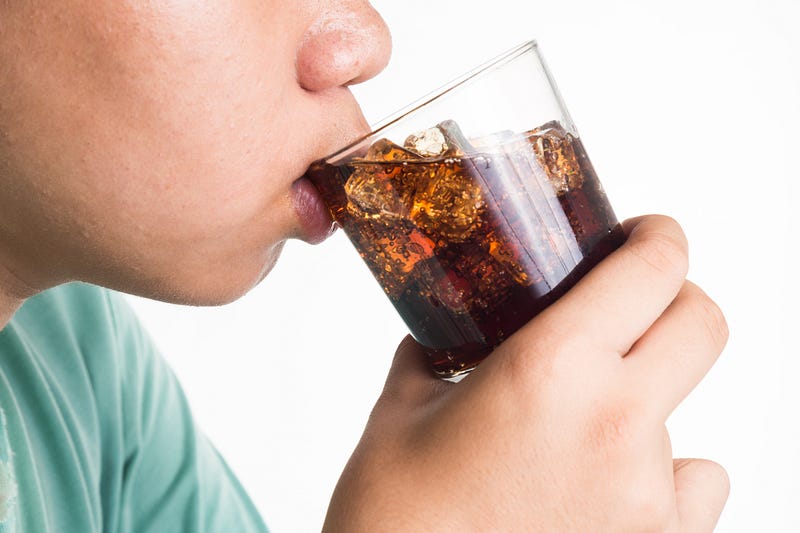Coke’s Dilemma


Coke’s Dilemma
A recent investigative series in the New York Times found that Coca-Cola gave millions of dollars in undisclosed support for research to highlight that lack of physical activity, not poor diet, is the primary cause of obesity. Sales of sugary beverages have fallen substantially in the last decade, as many studies linked these products to obesity and diabetes. In this context, Coca Cola’s funding for “research” looked like a cynical attempt to manipulate science for commercial self-interest, and the company quickly faced a firestorm of controversy. Soon thereafter, Coke’s CEO wrote a commentary in The Wall Street Journal promising to disclose all research and related sponsorships, seek guidance from independent experts, and act with integrity.


Of course, processed food companies often proclaim the best intentions but, time and again, place considerations of profit ahead of public health. Can Coca-Cola act differently? The answer depends on whether all calories are alike.
If ‘a calorie is a calorie,’ as has been often said, then you’re no more likely to gain weight from drinking a 24-ounce bottle of cola than from eating 3 apples, since both have about 250 calories. Sure, those liquid sugary calories can be consumed quickly, but we can prevent health problems by increasing physical activity or cutting back calories elsewhere (and maybe taking a vitamin supplement for good measure). From this perspective, food and beverage companies can play a responsible role in the obesity epidemic by funding research and promoting awareness of calorie balance.
But recent scientific findings argue otherwise. My colleagues and I performed brain scans on young men after they consumed two milk shakes — one made with sugar, the other with slow digesting starch. Otherwise, the two beverages had similar calories, nutrients and sweetness. We found that the sugar-containing shake led to increased hunger and activation of a key brain area involved in craving and addiction. In another study, we found that eating a lot of carbohydrates caused metabolism to slow down in adults trying to maintain weight loss. Research also shows that increased intake of some foods — fruits, nuts, full fat yogurt, legumes and olive oil for example — is consistently associated with weight loss and improved health, whereas sugary beverages cause obesity and diabetes in amounts typically consumed today.


These findings mean that even if you can burn off the calories in that bottle of cola — a big “if”, as it would take about an hour of exercise — you’ll still be at increased risk for weight gain and other chronic diseases. To consider body weight simply a matter of calorie balance disregards decades of research showing that foods, apart from calories, can affect hunger, metabolism, the tendency to store fat, and the expression of our genes in very different ways.
With trans-fats on the wane, sugar and other highly processed carbohydrates are now the most harmful components of the food supply.
So, Coke has a fundamental conflict between responsibility to the public and responsibility to its stockholders. Corporate actions that benefit public health will undermine their current business model, and those that benefit their business will undermine public health. Coke’s sponsored research on calorie balance is ultimately a ruse that can only serve to deflect attention away from the real issue.


The solution to this dilemma is for Coke to pivot away from sugary beverages and toward more healthful products. This can begin with a few bold steps:
- Acknowledge that sugary beverages contribute importantly to obesity when consumed in prevailing amounts.
- Discontinue all direct and indirect advertising and promotion of sugary beverages — in the US and internationally (so as not to shift the burden of sugar-related diseases to especially vulnerable populations).
- Stop opposing efforts to limit consumption of sugary beverages (including warning labels and taxes).
- End sponsorship of research involving individual scientists or their institutions. Any support for genuinely objective research should be directed to the National Academy of Medicine or the National Institutes of Health (as was done by the National Football League to study traumatic brain injury).
- Call upon other beverage companies to join in these efforts.
Are these actions realistic for the world’s largest beverage manufacturer? Perhaps. The decade long decline in sugary beverage consumption will only accelerate, as independent research continues to accumulate on the hazards of these products and highly processed carbohydrates in general. Coke can abandon its rear guard efforts and assume an exemplary role in industry/public health cooperation by leading change that will inevitably occur sooner or later. In this way, Coke would help prevent many thousand annual cases of diabetes, save lives, and save untold billions of healthcare dollars. That’s the real thing.
Exported from Medium on July 6, 2016.





